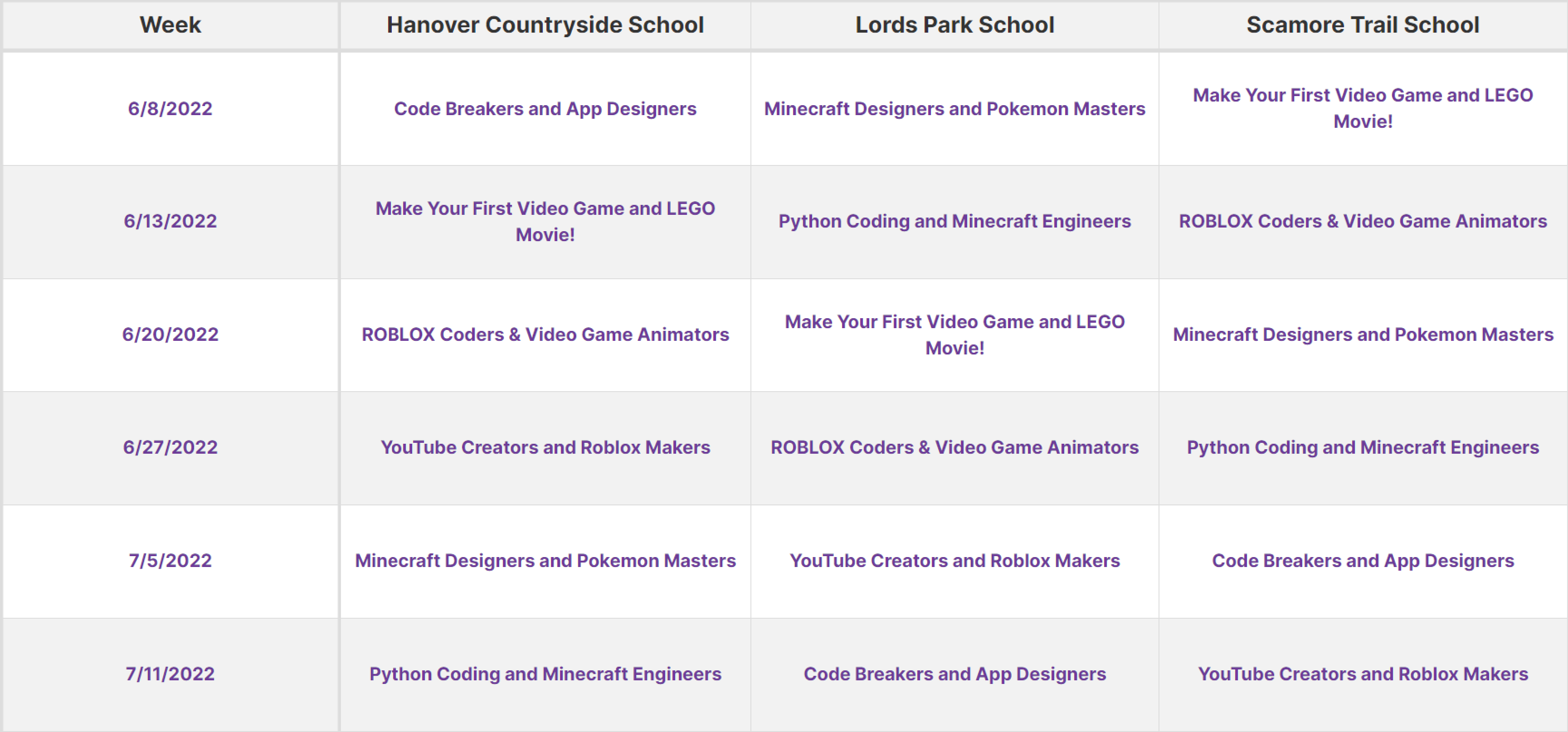A Novel Approach to Teacher Burnout

Unless you have been completely oblivious to the educational issues mounting in this country, you are aware that we are facing an institutional crisis in America’s education system. Teachers are burning out and quitting their jobs at alarming rates. Some statistics state that roughly 16% of teachers quit their jobs each year, with only 50% of educators making it to the three year mark (National Center for Education Statistics, NCES). These numbers are only compounded by the fact that fewer professionals are choosing to enter the field of education.
I put the question, “Why do US Teachers get burned out?” into ChatGPT and received 12 reasons in a rapid fire response, as if the issue was at the tip of the Chatbot’s metaphorical tongue! The issues varied, but included, “High Workload, Large Class Sizes, Lack of Resources, Limited Professional Development (PD), Lack of Support, Emotional and Mental Strain, and Limited Work-Life Balance,” to name a few.
Having been a teacher prior to the COVID-19 pandemic, for 12 years, I know all too well about many of these issues and the resulting teacher burnout. I experienced it first hand. However, I have also come to the realization that sometimes solutions to these problems come from the most unexpected places. Much like an episode of Stephen Dubner’s “Freakonomics” podcast, or a case study from Malcolm Gladwell’s best selling texts, sometimes the solution can be counterintuitive and the opposite of what we might expect.
Can increasing a teacher’s workload actually help counter burnout? Now before you put this blog down, hear me out. I was one of those teachers who was burning out and ready to leave the profession in my 9th year of teaching, having outlasted well over 50% of my colleagues. Like most teachers, I needed to work in the summer in order to supplement my income (Chat GPT’s 3rd reason for teacher burnout – “Low Pay”). For many years, I worked in my local summer school, teaching children fundamentals such as reading, mathematics, and STEM enrichment science activities. The pay certainly helped, but I returned each school year more exhausted than when I left.
Finally, in my 9th summer, I found enrichment camps, sometimes known as specialty camps. My interest has always been around gaming and technology. So when a position at a local tech camp in my area opened up, I jumped on it! Despite my ever increasing workload, I was excited about the opportunity and the technology training. Unlike school based PD I’d had, in this training dove head first into cutting-edge topics like game design and development, coding, and Minecraft, subjects that were relevant and had real world implications for both my students and me.
As I worked with the kids in these summer camps, I saw the true power and potential of project based learning rooted in the technology classroom. Kids were invested in their work. They were proud of what they were creating and accomplishing. Although I was a general education classroom teacher, I knew that these skills belonged in my own classroom. That first summer I worked longer hours and more weeks than typical for a summer school teacher. However, I returned to my classroom renewed and refreshed. I started reworking my lesson plans, projects, and activities to include components of game design and development, coding, and Minecraft. I was more excited than ever to come to school, write lesson plans, and envisioned the projects my students would create and collaborate on. I knew this was the key to meeting my students where they were and together we would thrive.
That year a few things changed. I connected better with my students, behavior and management improved, tardiness and absenteeism decreased (if you work in a lower socioeconomic school, you know attendance plays a major role in success), I led impromptu trainings for my fellow educators, sometimes student-led, highlighting the projects and great work that my children produced. I had a new energy to me and at the end of that school year I was named my school and district’s Teacher of the Year.
This new cycle continued for another year-and-a-half. Teaching September to June and working in summer camps June – August. Each complemented the other and allowed me to grow. I discovered an amazing community of educators like myself, my Tribe, which in turn led to many new opportunities, such as invitations to present at various conferences, workshops, and programs around the world. Having a support network of teachers also helped me deal with both the mental and emotional strains of education, provided me with additional resources and training, and improved my work-life balance. My Tribe also became my friends and we would meet up for social as well as professional events.
For me, my passion and excitement was focused around creative technology and gaming. I know that this is not everyone’s niche. However, if you are in education, whether that is a classroom teacher, an administrator, or some other role, find what you are passionate about and bring it into your classroom, school, or district. Be it art, photography, debate, or a sport, I encourage you to invest in yourself. Discover how you can bring that passion into your classroom and share it with your students and your network of educators. Camp is a great place to start. Camps provide their own structures and training and still align with a lot of core values of our educational system. I know it sounds counterintuitive, but sometimes doing more, learning more, additional training, and adding something new to your plate, can have the opposite effect of what you would expect.
If you are interested in learning more about teaching with technology in our summer camps or after school programs, visit our website at blackrocket.com/jobs or email help@blackrocket.com to learn more about job opportunities, training, curriculum, or starting your own program.
-Mark Grundel, Director of Operations
